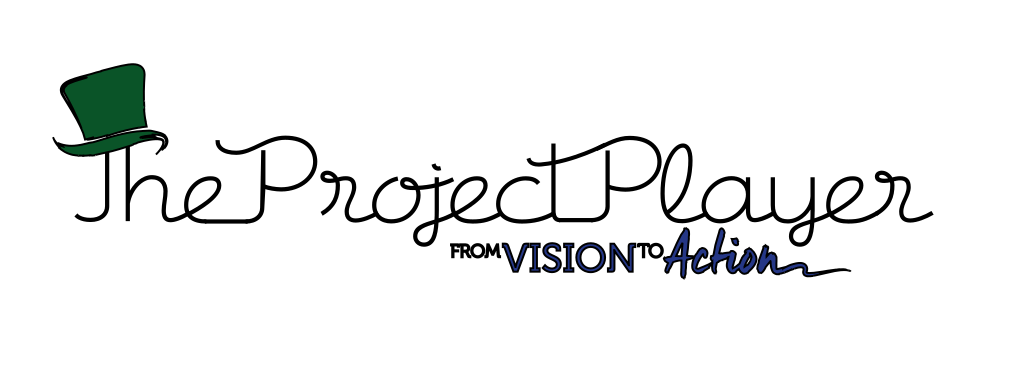“Let's start again with people“
In Public Administration, it has been stated for years; we help you make it real.
To support and facilitate the journey of individuals within the Public Administration, the training we offer is tailor-made based on needs and in agreement with the organisational context. Competencies, after all, are effective when acted upon in context, with an awareness of the goals to be achieved and the entities (individuals, services, stakeholders, citizens) involved.


Unlocking the extraordinary within those working in the PA: this is what guides us when co-creating journeys for public employees.
The PA is shedding its old skin: from a sole role in service production to becoming a reference point for the community. This implies creating a “good reputation” for the public institution, helping those who work there see the PA as a resource for development, contributing to creating the “common good.” This modern PA requires up-to-date skills: systemic thinking, influence, negotiation, building relationship networks, empathy, self-confidence, and a leadership that is collective, relational, caring, focused on impact, and works with vulnerability.
Our experience is solid and strong in the following areas:
PA – formazione – eng
![]()
Soft, managerial, and emotional skills: moving from technical to competency-based profiles involves acting on multiple levels, from internal culture to personnel skills, to the evaluation system. We have developed various projects in the field of soft skills and managerial competencies for Public Administration, both at the local and supralocal levels.
![]()
The courses use a mix of tools that combine dynamic observations, classroom content, practical workshops, peer-to-peer learning, and edutainment to make training as attractive and useful as possible from the start. The proposals combine multiple levels: stimuli for personal growth, a focus on cognitive/intellectual skills, achievement, and organisational skills; managerial and relational skills, leadership, and significant work on emotions and related skills. During the courses, useful tools in daily practice are employed and targeted follow-ups are conducted after classroom (physical or virtual) delivery.
![]()
Training is integrated, where possible for the organisation, with individual coaching (for managers, high qualifications, roles of responsibility and coordination), widespread behavioral training, group and team coaching
![]()
The Public Administration has people with significant knowledge and experiences who increasingly come into the classroom to train colleagues. Knowing a subject thoroughly does not mean knowing how to teach it.
![]()
We have designed and implemented tailored courses to convey knowledge, skills, and tools to public trainers to develop engagement among their colleagues during training, both in person and online.
![]()
Moreover, we have implemented projects that have transformed PA personnel into facilitators of soft skills, starting from significant personal growth, acquiring tools for transmitting soft skills in the classroom, creating ad hoc materials, and developing edutainment techniques.
![]()
We have worked side by side with Personnel and Organisation Directors to support the change process these departments undergo, developing tutoring and coordination skills for the different phases of the HR cycle, with particular attention to the reception and orientation of new personnel and the creation of tools and methods for personnel "retention," intercepting their desires for career growth, situations of difficulty, perceptions of stagnation, and similar.
![]()
Defining a vision, strategy, and a participatory action plan aimed at developing concrete, shared, and sustainable projects that respond to the present while looking to the future is the increasingly strategic task of territorial planning.
![]()
In the complexity we live in, the PA has a delicate facilitation role.
![]()
Negotiation, conflict management, group coordination, and leadership skill, skills are at the core of our programs in this area.
![]()
Training is often accompanied by support and supervision during certain phases of planning, implementation, and/or monitoring of coordination activities.
![]()
We have extensive experience, especially in two areas: social welfare and educational services; the enhancement, through tourism, of natural, environmental, and landscape resources.
If you want to know about the projects and clients I have worked with,
